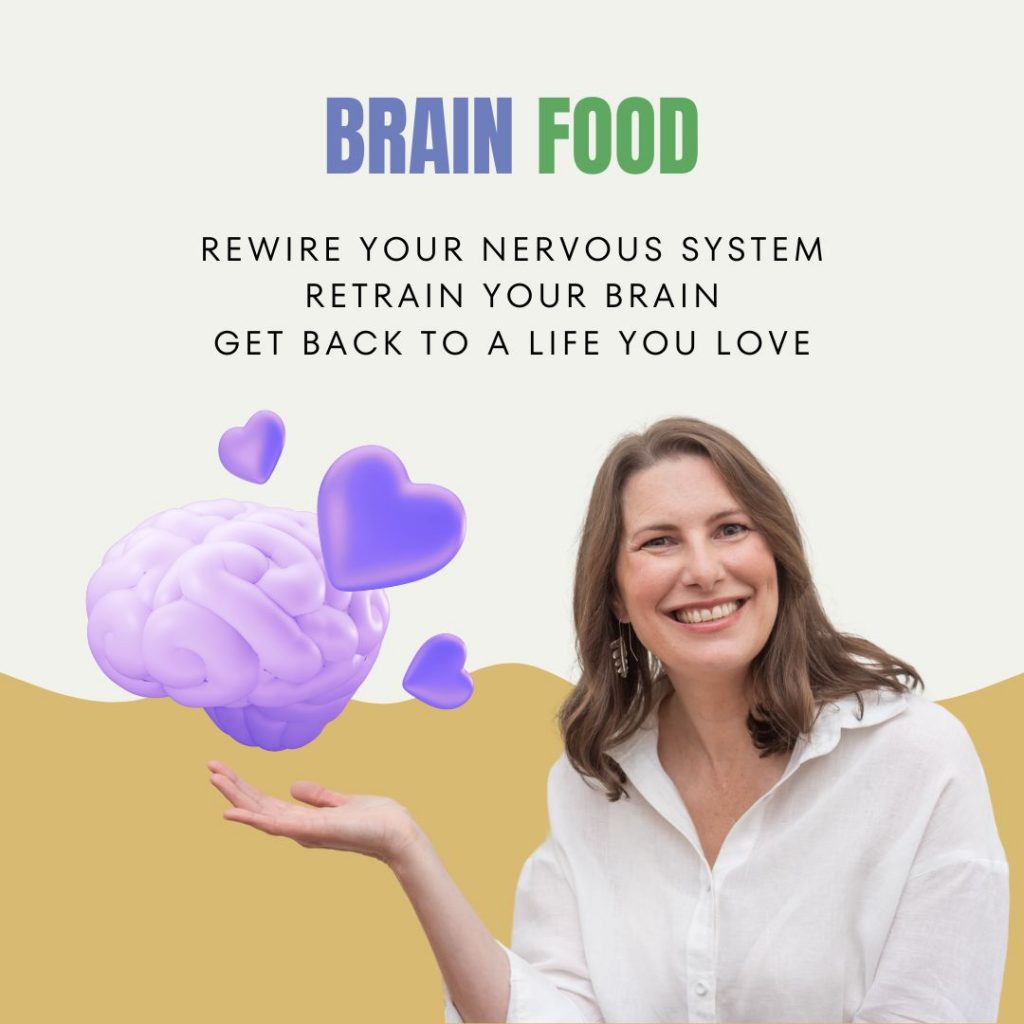Living with histamine intolerance and related chronic conditions can often feel like an uphill battle, with symptoms like bloating, fatigue, headaches, skin reactions, and more affecting your quality of life.
Self-care plays a crucial role in helping you manage these symptoms and improve your overall well-being. Whether you’re new to histamine intolerance or have been living with it for some time, adopting a self-care routine tailored to your needs can have a significant positive impact on your health.
January is a perfect time to rest, rejuvenate, and reset as we step into a new year. After the busy holiday season, it’s essential to give ourselves permission to slow down and focus on recharging our bodies and minds. This is the ideal time to reflect on the past year, assess what self-care practices worked (or didn’t), and set up a new routine that supports your well-being.
Here’s a guide to some of the most effective strategies for self-care with histamine intolerance
Prioritize restful sleep for healing
Sleep is a cornerstone of self-care, especially when it comes to managing histamine intolerance. Poor sleep can exacerbate symptoms and hinder your body’s ability to repair itself. Establishing a calming sleep routine can support your immune system and reduce the overall stress on your body.
Tips for Better Sleep:
- Establish a bedtime routine: Try to go to bed and wake up at the same time each day to regulate your circadian rhythm.
- Focus on the environment: Make sure your bedroom is cool, dark, and quiet. You might want to use blackout curtains or a white noise machine to enhance sleep quality.
- Avoid triggers before bedtime: Avoid caffeine, alcohol, and large meals close to bedtime, as they can interfere with your ability to fall asleep and stay asleep.
- Practice relaxation techniques: Gentle activities like deep breathing exercises, reading, or listening to calming music can help prepare your body for restful sleep.
Improving your sleep quality can help your body recover more effectively, reduce inflammation, and restore energy levels. Read more on the 5 simple tips for a good nights sleep here.
Gentle movement to relieve stress and boost wellness
Incorporating gentle movement into your daily routine is a great way to support your body’s healing process. For those with histamine intolerance, physical activity doesn’t need to be intense. Gentle exercises like walking, yoga, or stretching can reduce stress, improve circulation, and boost your overall sense of well-being.
Gentle Movement Tips:
- Start slow: Begin with short walks or simple stretches and gradually increase the intensity as your body allows.
- Practice yoga: Restorative or yin yoga can help reduce stress and improve flexibility, promoting relaxation and healing.
- Breathing exercises: Incorporating deep breathing exercises into your movement routine can help activate the parasympathetic nervous system and reduce histamine levels.
Regular, low-impact exercise is key for improving both physical health and emotional well-being. Read more in-depth information about Exercise and Histamine Intolerance here.
Create a calm and supportive environment
Stress is one of the biggest triggers for histamine intolerance. A calm and supportive environment can significantly reduce stress levels and help manage symptoms more effectively. Creating a stress-free space in your home and daily routine can have a profound impact on your health.
Ways to Manage Stress and Create a Calm Environment:
- Declutter your space: A tidy and organized environment can help promote a sense of calm. Make time for regular cleaning or organizing to create a soothing atmosphere.
- Set boundaries: Learn to say no. If you are feeling overwhelmed or stretched, it’s ok to say no to events, social activities etc. This can give you the space to rest and recover.
- Engage in enjoyable activities: Take time for activities that make you happy, such as reading, journaling, spending time in nature, or crafting. These activities can help you relax and reduce stress.
Managing your environment and setting healthy boundaries helps reduce mental and physical stress, supporting your body’s healing.
I’ve discussed the link between stress and histamine intolerance in these articles.
Read about Histamine, Stress and the Histamine bucket here.
Read about the link between Histamine Intolerance and Stress here.
Support your emotional well-being
Living with chronic health conditions can be emotionally taxing. It’s important to address the emotional aspects of self-care, as they are closely connected to physical well-being. Acknowledge your emotions, ask for help, be gentle with yourself and practice self-compassion.
Ways to Foster Emotional Well-Being:
- Connect with others: Surround yourself with people who understand your journey. Building a support network of friends, family, or online communities can provide emotional relief. Do activities with link-minded people.
- Seek professional support: Therapy, counselling or working with a trauma informed practitioner can offer valuable emotional support and help you manage the mental health challenges that often accompany chronic illness. The tools in BrainFood provide support and transformation by rewirining the brain and nervous system to improve mood and healing.
- Practice self-compassion: Be kind to yourself. Healing takes time, and it’s okay to rest when you need it. Give yourself the grace to acknowledge the effort you’re putting into your health.
Carve out time for yourself
Self-care means making time for yourself, even in the midst of a busy or challenging day. Whether it’s enjoying a warm bath, reading a book, or simply sitting in silence, it’s important to prioritize activities that allow you to unwind and recharge.
Tips for Carving Out Time for Yourself:
- Daily relaxation: Set aside time each day for an activity that helps you relax. Even just 10-15 minutes of peace and quiet can make a big difference.
- Get a hobby: Whether it’s gardening, painting, or cooking, engage in an activity that brings you joy and allows you to focus on something positive.
- Practice mindfulness: Mindfulness practices, such as meditation or breathing exercises, can help you stay grounded and present, reducing anxiety and stress.
These moments of self-care allow you to recharge and focus on nurturing both your mind and body.
Managing histamine intolerance and chronic conditions requires more than just addressing physical symptoms—it involves taking a holistic approach to self-care. By prioritizing sleep, incorporating gentle movement, reducing stress, fostering emotional well-being, and carving out time for yourself, you can create a self-care routine that supports healing and promotes balance in all areas of your life. Having a Self-care plan alongside your low histamine diet, you’ll be better equipped to manage histamine intolerance and improve your overall health. Plus to start the new year feeling more refreshed and recharged.
In the BrainFood program, we cover self-care in a more specific way to use neuroscience to rewire your brain and nervous system. Using these techniques improves the health of the gut and immune system – allowing you to eat more foods and feel good. Community and coaching support accelerate healing in a supportive space.

Stuck dealing with confusing, frustrating and chronic symptoms and can’t seem to figure out why?
Join BrainFood and learn how to use the latest Neuroscience to help your body heal.
Use easy tools to reduce symptoms, calm anxiety, improve sleep, increase tolerance to foods and activities and get better results from treatments.

 How to reduce holiday stress
How to reduce holiday stress